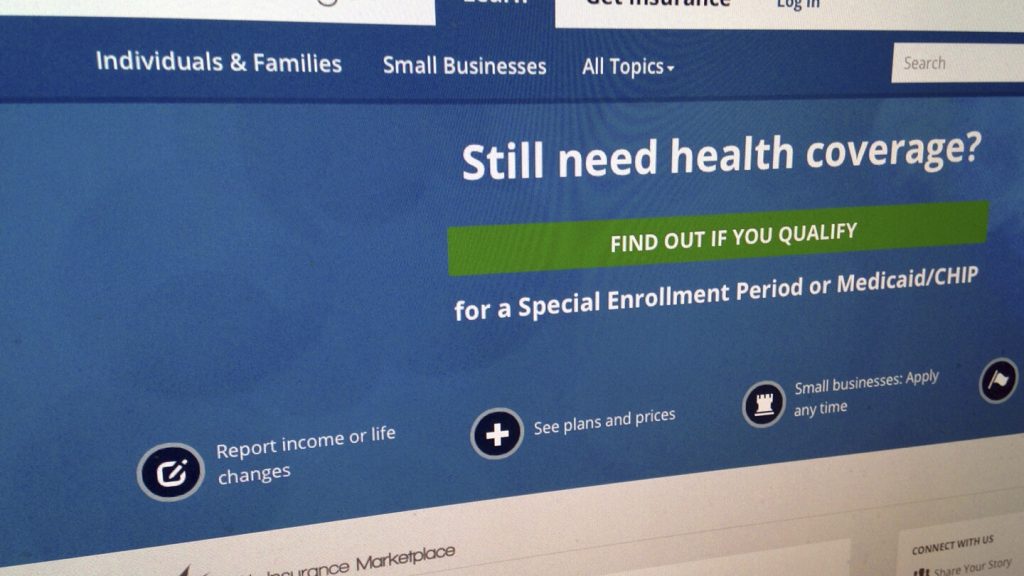This ruling from the 5th U.S. Circuit Court of Appeals in New Orleans specifically impacts eight employers who objected to providing certain types of preventive care, including HIV prep and some cancer screenings, without cost. The ruling is narrow and does not apply nationwide, but it raises concerns about potential implications for coverage of these essential services. The requirements in question were adopted under the Affordable Care Act and raised religious and procedural objections from the challengers. U.S. District Judge Reed O’Connor in Texas previously ruled that the requirements violated the Constitution.
The three-judge panel of the 5th Circuit Court found that the coverage requirements were adopted unconstitutionally due to the makeup of the United States Preventive Services Task Force. This decision could have broader implications for other preventive services and could lead to changes in how certain services are covered by employers. Some attorneys have suggested that employers may choose to implement copays or deductibles to cover the cost of these services, but it remains to be seen how this ruling will impact access to essential preventive care.
While some preventive services, such as mammography and cervical cancer screenings, may still be covered without out-of-pocket costs due to recommendations predating the Affordable Care Act, other issues remain unresolved. The court’s decision raises questions about whether coverage can be required for services recommended by other entities, such as the Public Health Service’s Advisory Committee on Immunization Practices and the Health Resources and Services Administration. This uncertainty could further complicate the coverage issue and leave some individuals without access to vital preventive care.
Advocates and experts in the field have expressed concerns about the implications of this ruling, particularly for individuals who rely on these preventive services for their health and well-being. The decision to send the case back to a lower court for resolution of other issues adds to the uncertainty surrounding the coverage of HIV preventatives and other essential services. The U.S. Department of Health and Human Services has not yet commented on the ruling, leaving many stakeholders waiting for further guidance on how this decision will impact access to critical preventive care.
Despite the narrow scope of the ruling, the potential implications for coverage of essential preventive services have raised alarms among advocates and experts in the field. The decision to overturn the coverage requirements for certain preventive care, including HIV prevention and cancer screenings, could have far-reaching effects on individuals who rely on these services for their health and well-being. As the case moves back to a lower court for further review, the future of coverage for these vital services remains uncertain, leaving many individuals and families in limbo regarding their access to necessary preventive care.


